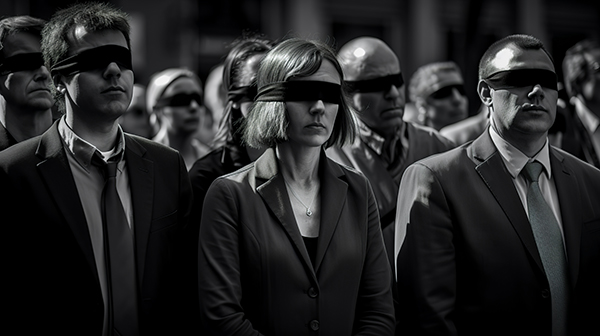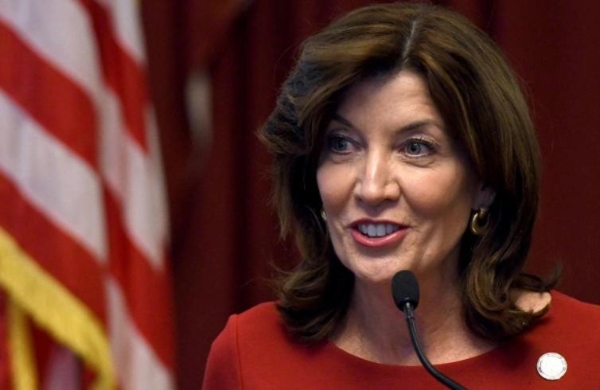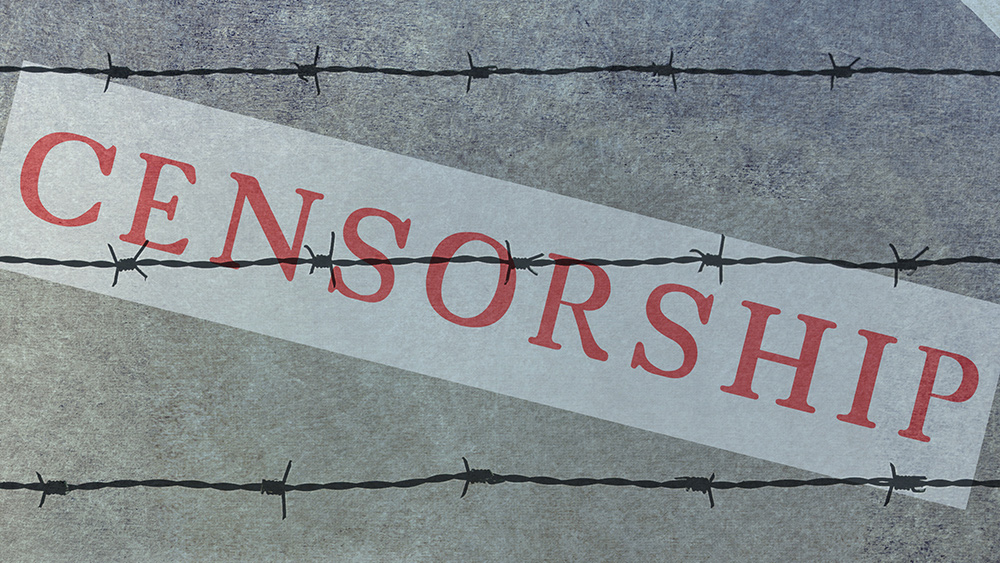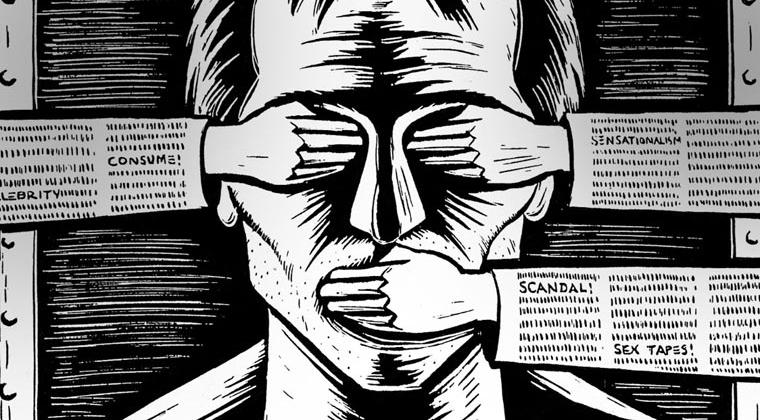U.K.’s Online Safety Act: A death knell for small websites and free expression
01/03/2025 / By Willow Tohi
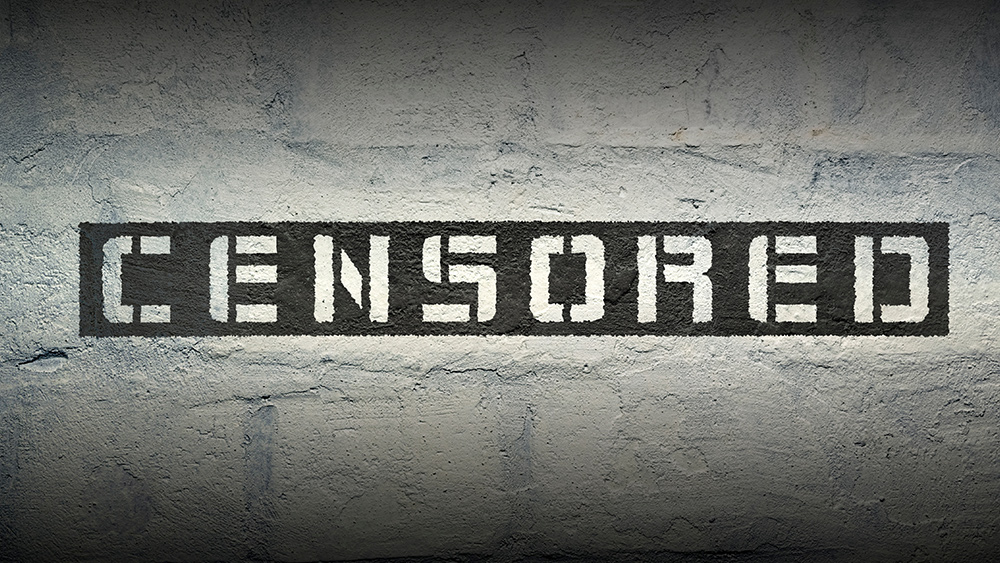
- The U.K.’s Online Safety Act, effective March 2024, imposes vague and burdensome requirements on online platforms, leading to widespread shutdowns of small websites and community forums, despite its stated goal of protecting children and combating illegal content.
- Disproportionate burdens on small operators include crippling fines (up to £18 million or 10% of revenue) and criminal liability for failing to comply with ambiguous content moderation standards, threatening the survival of non-profit and volunteer-run platforms.
- Microcosm, a free hosting service supporting over 300 community websites since 2007, is shutting down due to the Act’s impractical demands, highlighting the law’s chilling effect on free speech and its existential threat to small platforms.
- The Act’s broad scope and heavy penalties favor large corporations, which can absorb compliance costs, while stifling smaller, independent voices and eroding the diversity of the digital ecosystem.
- The legislation’s far-reaching consequences include potential relocations of hosting services overseas, a decline in the U.K.’s digital economy, and the erosion of free expression and open discourse, undermining the very principles it claims to protect.
The United Kingdom’s Online Safety Act, set to take effect in March 2024, is already wreaking havoc on the digital landscape. Far from fostering a safer online environment, this sweeping legislation is driving small websites and community forums to shut down, unable to bear the crushing weight of its vague and onerous requirements. What was sold as a measure to protect children and combat illegal content has instead become a censor’s charter, stifling free expression and punishing the very communities it claims to safeguard.
At the heart of the issue is the disproportionate burden placed on small website operators, who now face crippling fines of up to £18 million or 10% of their revenue for failing to comply with the Act’s provisions. Even more alarming is the introduction of criminal liability for individuals who fail to “moderate” content according to the law’s ambiguous standards. For non-profit and volunteer-run platforms, these requirements are not just impractical—they are existential threats.
One of the first casualties of this legislative overreach is Microcosm, a free hosting service that has supported over 300 community websites since 2007. From cycling forums to local community hubs, Microcosm has been a lifeline for niche groups and grassroots organizations. But come March 16, 2024, the service will shut down, unable to navigate the Act’s labyrinthine demands. Dee Kitchen, the operator of Microcosm, described the law as “too vague and too broad,” adding that the personal risk of compliance was simply too great.
Kitchen’s concerns are not unfounded. The Act requires online services to conduct extensive risk assessments, appoint senior individuals accountable for compliance, and implement measures such as age verification systems. For large corporations with deep pockets, these requirements may be manageable. But for small, donation-funded platforms like Microcosm, they are insurmountable. The result is a chilling effect on free speech, as operators of community sites are forced to choose between shutting down or risking financial ruin and criminal prosecution.
The Online Safety Act’s defenders argue that it is necessary to protect children and crack down on illegal content. But the law’s broad scope and heavy-handed penalties suggest a different agenda: the consolidation of power in the hands of regulators and the silencing of smaller, independent voices. By imposing the same burdens on micro-businesses as on tech giants, the Act effectively tilts the playing field in favor of large corporations, which are better equipped to absorb the costs of compliance.
Censorship is tyranny
This is not just a blow to small websites—it is an assault on the very idea of a free and open internet. Community forums and niche platforms are vital spaces for discussion, collaboration, and the exchange of ideas. By forcing these sites offline, the Online Safety Act is eroding the diversity of the digital ecosystem and leaving users with fewer options for meaningful engagement.
The Act’s impact extends beyond the U.K., as well. Faced with the prospect of onerous regulations, many website operators are considering relocating their hosting overseas or exiting the U.K. market altogether. This exodus could have far-reaching consequences for the country’s digital economy, as businesses and users alike seek refuge in jurisdictions with more favorable laws.
Ofcom, the regulator tasked with enforcing the Act, has promised to provide support to online service providers of all sizes. But for small operators like Dee Kitchen, this assurance rings hollow. The sheer complexity and ambiguity of the law make compliance a near-impossible task, particularly for those without the resources to navigate its requirements.
The shutdown of Microcosm is a stark reminder of the unintended consequences of well-intentioned but poorly crafted legislation. In its quest to make the internet “safer,” the U.K. government has created a regulatory environment that is anything but safe for small websites and the communities they serve. The Online Safety Act is not a victory for online safety—it is a victory for censorship, corporate consolidation, and the erosion of digital freedom.
As the March 2024 enforcement date approaches, the question remains: how many more small websites will be forced to shut their doors? And at what cost to the principles of free expression and open discourse? The U.K.’s Online Safety Act may have been designed to protect users, but its true legacy will be the silencing of voices and the destruction of the vibrant online communities that make the internet a place worth protecting.
Sources include:
Submit a correction >>
Tagged Under:
bias, big government, Big Tech, bureaucracy, Censorship, Collapse, Collusion, computing, economic riot, free press, Glitch, information technology, Liberty, small websites, Suppressed, Tyranny
This article may contain statements that reflect the opinion of the author
RECENT NEWS & ARTICLES
COPYRIGHT © 2017 CENSORSHIP NEWS



